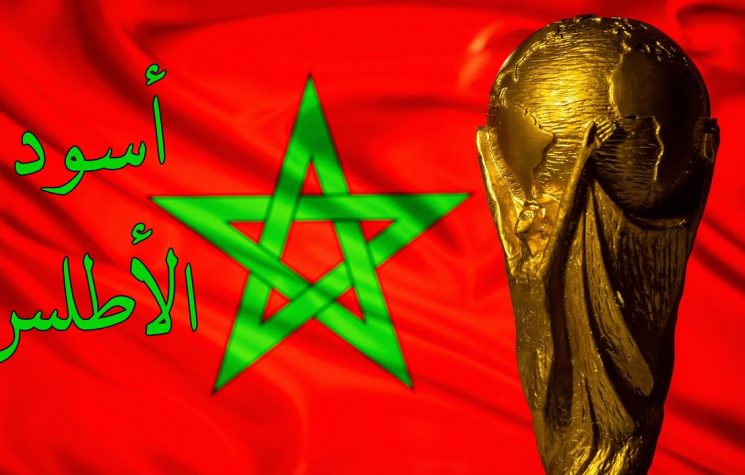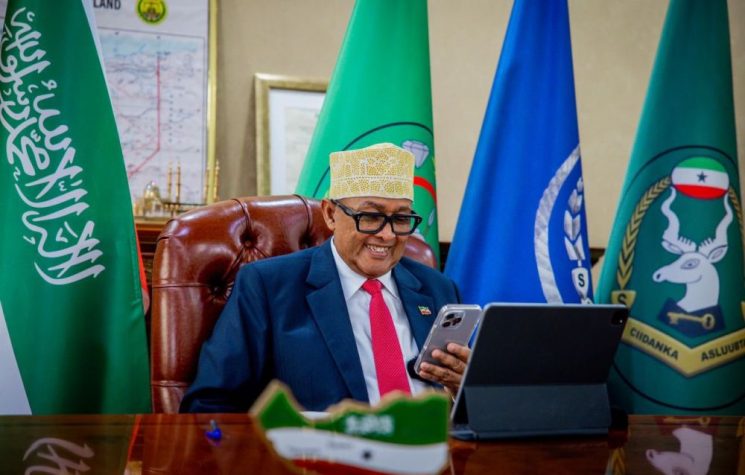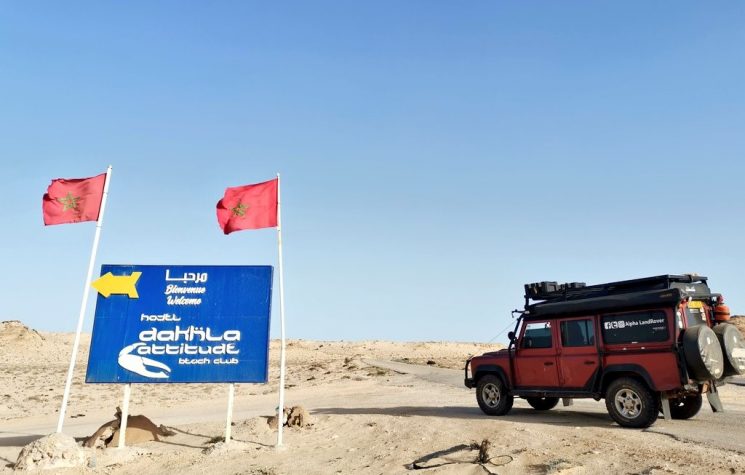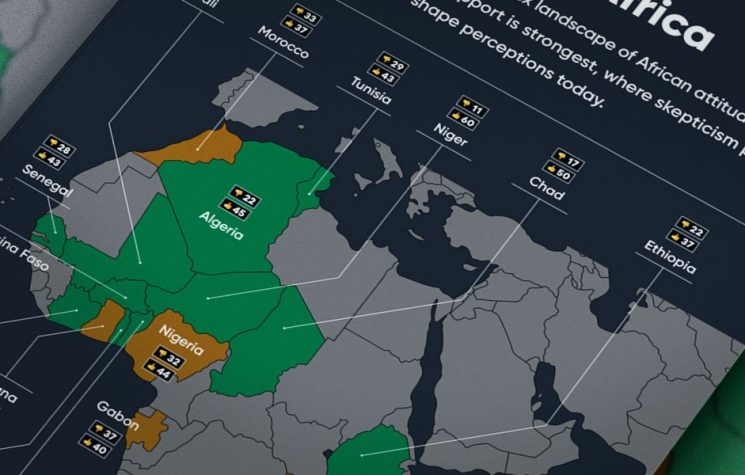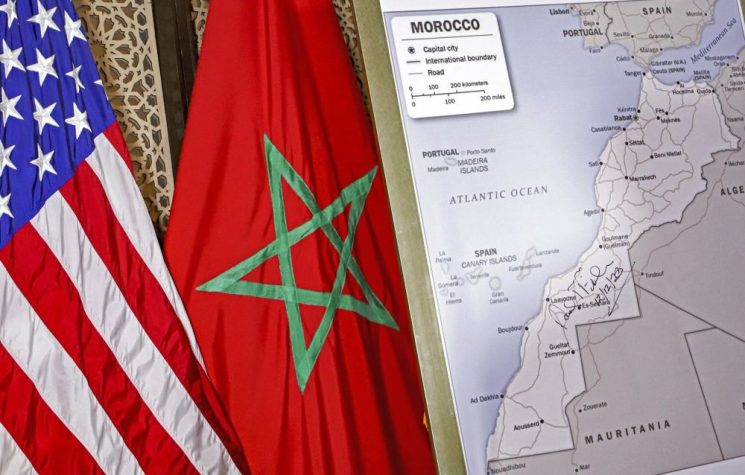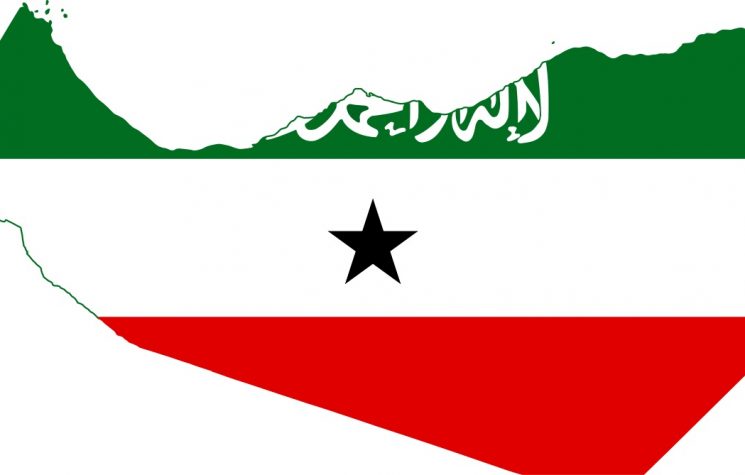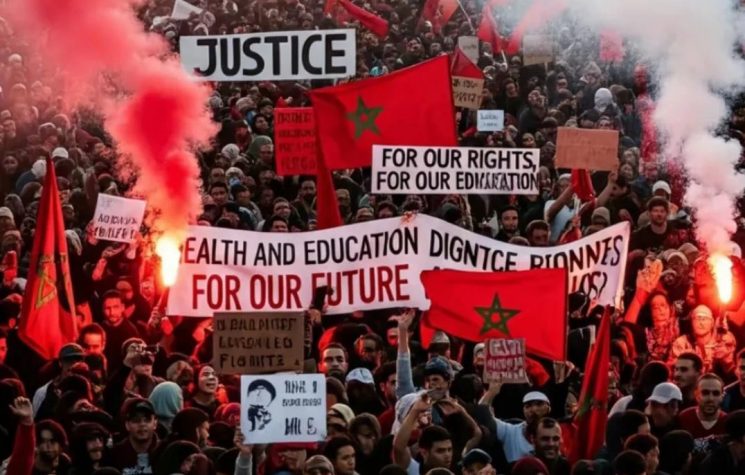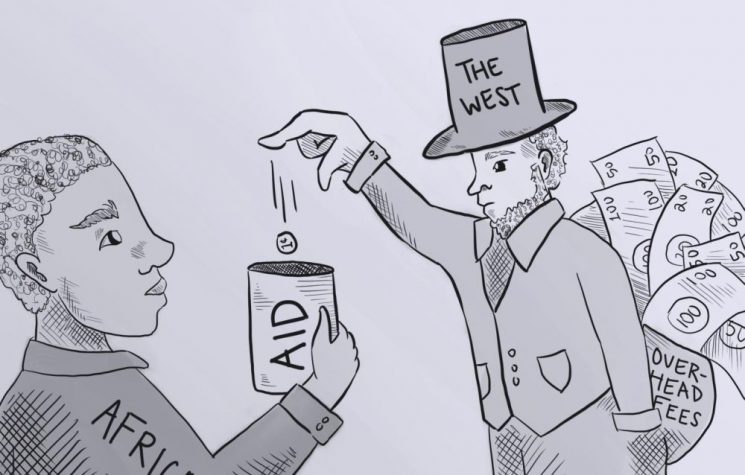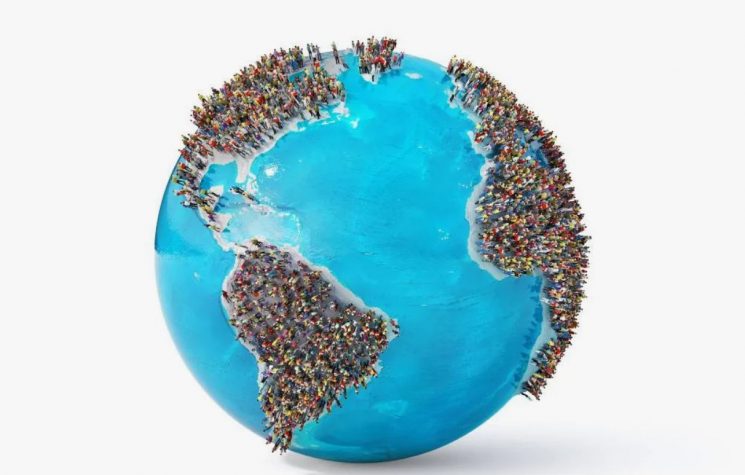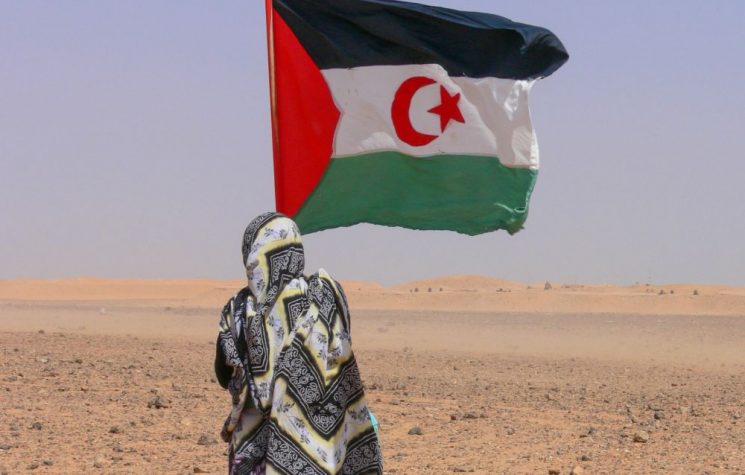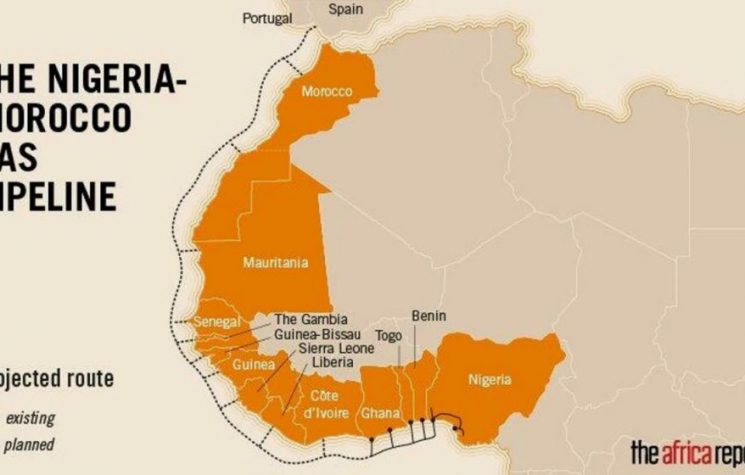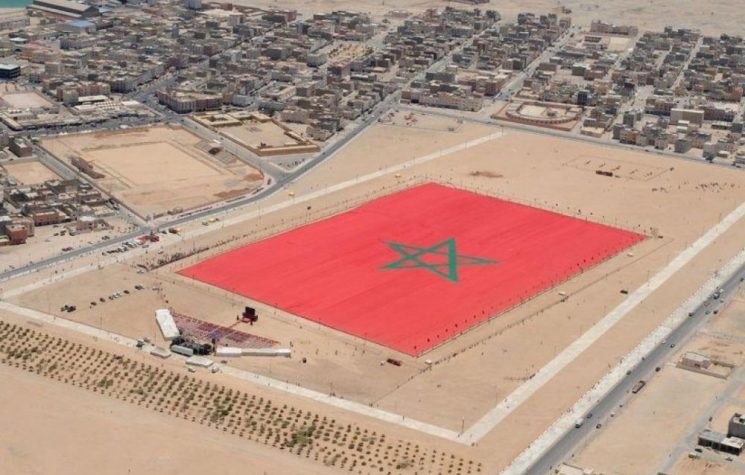The am dram theatricals of Rabat pretending that Moscow is an enemy no longer pay dividends, it would seem.
Contact us: info@strategic-culture.su
The wedding is back on, as both foreign ministers were caught having a cosy chat in a vestibule of the UN building, working on fixing problems. The am dram theatricals of Rabat pretending that Moscow is an enemy no longer pay dividends, it would seem.
Are relations between America’s “best buddy” in the Arab World – Morocco – and Russia about to be rebooted? Up until the beginning of the Ukraine war, things were going very well between Rabat and Moscow with the latter doing a good impression of having its cake and eating it, with regards to being a staunch ally and satellite of the West while also retaining the “I have special needs” status, i.e. “non-aligned”. This gave Morocco the ability to be dynamic on the diplomatic scene and quite apart from developing relations with countries in the Global South which might not be in Washington’s Christmas card list, allowed it to buy oil directly from Russia whilst announcing quite candidly to the world “we’ll not be told whom we buy our oil from”, a stern comment made by the billionaire prime minister a while back.
The juggling act just got more complicated though as when this comment was made, which set an example to a number of African countries who were genuinely afraid of America’s wrath after the threat from Linda Thomas-Greenfield about buying oil from Russia, America sent back channel signals to Rabat that it was unhappy. A new charade ensued whereby Morocco did an Oscar-winning performance of being some sort of enemy to Russia, despite Moscow saving the country’s neck by supplying it with cheap oil. This game of smoke and mirrors went as far as silencing the Moroccan press on the broader subject of Russia, despite longstanding agreements made before the Ukraine war about Russia building a number of nuclear power plants in Morocco. In the summer of this year, some analysts in Morocco thought that Moscow’s foreign minister would pop into see Rabat officials as part of his Africa tour or nation states who enjoy Moscow’s patronage. When Lavrov didn’t show, most took it as a signal that these mega deals were off the table and things could only get worse.
And yet, in line with Morocco’s diplomatic endeavours – which turns friend into foe and then back into friend before tea time – it would seem that now Rabat can no longer keep the farce going of pretending to be a frenemy of Moscow. After recently being dealt a body slammer from the EU court which ruled that the European Commission’s decision to include Western Sahara in the latest trade deal was, in fact, illegal, Rabat now it would seem has a new use for Russia: to be a tool on the box marked “blackmail”. For Rabat to be accused of blackmail on the international scene, when talking about its turbulent relations with the EU or with individual member states is hardly anything new. In recent years a number of geopolitical hacks use with word when talking about how Rabat goes about its own unique strand of diplomacy. Often, the sluice on Morocco’s northern shores which holds back thousands of African immigrants, gets lowered just to remind the EU, France and Spain what resources Rabat has at its disposal when it doesn’t get its way. And many hacks assumed that the EU court decision would prompt the immigration card to be pulled from the pack once again.
Yet in the short term, to vex both the EU and U.S. even more, Rabat just played a smart move with Russia. It is now heralding Russia’s fishery deals with Morocco and trumpeting fine relations between these great nations and their ancient histories. In a puff piece from the absurdly amateur state-backed “Barlaman Today” website, an article which is sourced to Morocco’s foreign minister (perhaps dictated by one of his aides), it appears that Rabat has brought Russia back in from the cold. Headlined “Morocco adopts strategy of diverse partnerships”, the shameless propaganda piece dripping with sycophancy extols the virtues of Morocco being non-aligned and seemed to be a very lucid message to the West in general: we’re tired of the Russia ruse. Game over.
Pictured with Morocco’s foreign Minister Nasser Bourita, Russia’s charismatic counterpart Sergey Lavrov appears to be chewing the fat, as they both met on the sidelines of a UN meeting on September 26 – to apparently discuss how to move forward with Morocco-Russia relations. Does this warmer cheek, offered to Lavrov, mean that soon we can expect to hear news of the power plants going ahead? Probably not. Rabat will no doubt see who takes the White House in a few weeks before it throws any foreign policy levers. But the change of relations only goes to show that Rabat has been humouring the West – in particular the Biden administration all along – with its frosty handling of Russia on the diplomatic circuit, even to the point of members of the royal family telling foreign journalists that Russia is “persona non grata” and that there is not even a functioning embassy in Rabat. The cold shoulder was never real but really just part of a theatrical stunt, which, in the end didn’t pay off for Morocco.

















